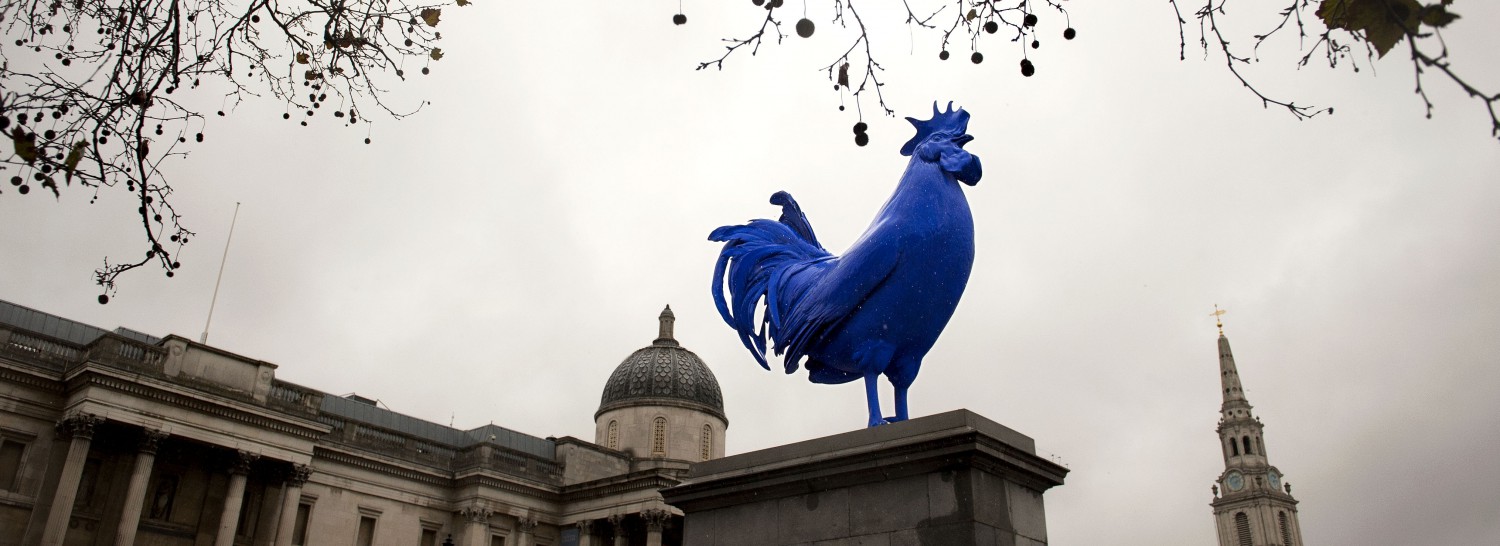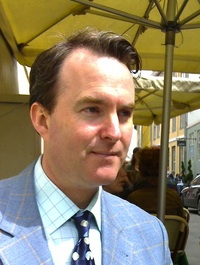Daniel Hutto is Professor and Research Leader in the Philosophy Department at the University of Hertfortshire.
Hutto’s research is a sustained attempt to understand human nature in a way which respects natural science but which nevertheless rejects the impersonal metaphysics of contemporary naturalism. His recent projects have focused on consciousness, intentionality and everyday social understanding. He is author of The Presence of Mind (John Benjamins, 1999), Beyond Physicalism (John Benjamins, 2000), Wittgenstein and the End of Philosophy (Palgrave Macmillan, 2006), and Folk Psychological Narratives (MIT Bradford Books, 2008). He is co-editor of Folk-Psychology Re-Assessed (Springer, 2007) and editor of Narrative and Understanding Persons (CUP, 2007) and Narrative and Folk Psychology (Imprint Academic, 2009). A special yearbook issue of Consciousness and Emotion, entitled Radical Enactivism, which focuses on his philosophy of intentionality, phenomenology and narrative, was published in 2006. He has just completed a co-authored book (with Erik Myin, Antwerp) entitled Radicalizing Enactivism: Basic Minds without Content for MIT Press (due to appear in 2013).
For more information on Prof. Hutto’s work, please check his website.
Enactive Aesthetics: Philosophical Reflections on Artful Minds
Wednesday, 16 October 2013 | 16.00 – 18.00 | Stewart House, Room STB8
Abstract
The arrival of embodied, enactive and extended accounts of minds has sparked interest in how such new thinking about minds might influence and reshape our thinking about the production and appreciation of art. This paper clarifies why radically enactive approach to aesthetics ought to be favoured. This is achieved in three stages. First, a properly enactive vision of aesthetics is distinguished from weaker, embodied and extended accounts of art. The latter are shown to be compatible with the strongest and most ambitious versions of internalism about artful minds . Second, the commitments of ambitious versions of neuroaesthetics – theories that attempt to understand artful minds as wholly internal and neurally based – are examined. It is revealed that ambitious neuroaesthetic theories, those that endorse the representational theory of mind and essentialism about art, are incompatible with a radically enactive aesthetics. Third, an analysis is provided to show how commitment to representationalism of a Cartesian stripe is the true source of the internalist and disembodied vision of artful minds promoted by ambitious neuroaesthetic theories. Finally, general arguments – provided in other works – are presented for favouring anti-representationalist radical enactivism over the theories of mind assumed by ambitious neuroaesthetic theories.

